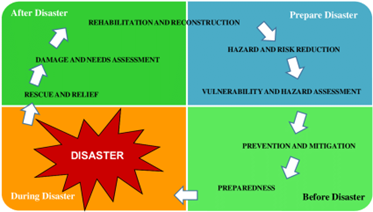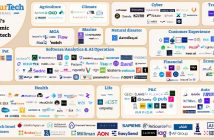
The insurance industry, traditionally reactive in nature, is undergoing a paradigm shift. Prevention, once a peripheral concern, is now at the forefront of innovation. As technology advances and consumer awareness grows, insurers are realizing the potential of shifting their focus from merely compensating for losses to actively preventing them. This transformation promises to reshape the industry, impacting underwriting, customer value propositions, and the competitive landscape.
At the core of this shift lies the recognition that prevention can significantly reduce claims. For instance, in health insurance, wellness programs, and preventive check-ups can lower the incidence of chronic diseases, leading to lower healthcare costs (For example look at Lumen – app and device for measuring metabolism- https://www.lumen.me/) . In auto insurance, telematics and driver behavior analysis can identify risky driving habits, enabling insurers to offer tailored interventions and reduce accident rates (For example see VComm – a company that provides and analyzed information on the behavior of two wheeler drivers- https://www.vcomm.tech/). Similarly, home insurance providers can leverage IoT devices to monitor home conditions, preventing losses from fire, theft, or water damage (For example look at Essence’s IOT products – https://www.essencesmartcare.com/solutions/product-catalog/)
This emphasis on prevention is fundamentally altering underwriting practices. Insurers are increasingly relying on data-driven insights to assess risk. By analyzing customer behavior, lifestyle, and health data, they can identify low-risk segments and offer tailored premiums. This not only improves underwriting accuracy but also fosters stronger customer relationships based on trust and personalization.
For customers, the value proposition of insurance is evolving. It’s no longer solely about financial protection in case of a loss. Instead, insurers are offering a broader range of services aimed at enhancing customers’ well-being. This includes everything from fitness trackers and nutrition advice to home security systems and emergency assistance. By becoming proactive partners in their customers’ lives, insurers are building loyalty and creating a more sustainable business model.
From a financial perspective, prevention offers substantial benefits to insurance companies. By reducing claims, insurers can improve profitability and free up capital for investments in technology, product development, and customer acquisition. Moreover, preventive measures can help mitigate the impact of catastrophic events, such as natural disasters, by building more resilient communities.
The competitive landscape is also undergoing a transformation. Insurers that successfully embrace prevention will gain a significant competitive advantage. By offering innovative products and services, they can attract and retain customers, differentiate themselves from competitors, and build a strong brand reputation. Early adopters of preventive strategies are likely to reap the rewards of increased market share and customer loyalty.
However, the transition to a prevention-focused model is not without its challenges. Insurers must invest in technology, data analytics, and employee training. Additionally, building trust with customers and demonstrating the value of preventive measures will require effective communication and education.
In conclusion, prevention is poised to revolutionize the insurance industry. By shifting their focus from reactive to proactive, insurers can create a win-win situation for both themselves and their customers. As the industry continues to evolve, those who successfully embrace prevention will be well-positioned to thrive in the future.

Dr. Benvenisti
The author of this article is Dr. Yael Benvenisti, Deputy CEO at Insurtech Israel.



